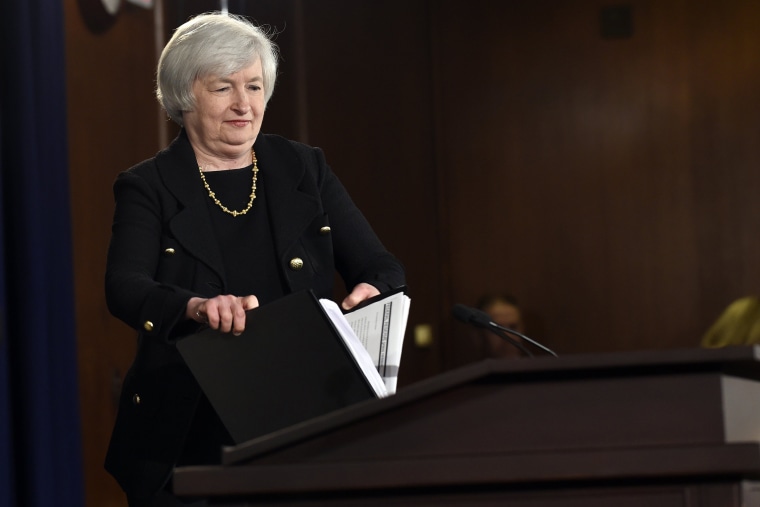Ms. Yellen did not mention recent market turmoil or monetary policy during her 30-minute speech. Instead, she painted a bleak picture of the increasingly unequal distribution of wealth and income, warning that Americans already have relatively little chance to advance economically, and that the problem may be worsening. "I think it is appropriate to ask whether this trend is compatible with values rooted in our nation's history, among them the high value Americans have traditionally placed on equality of opportunity," she said in her speech, which opened a conference on inequality at the Federal Reserve Bank of Boston.
Ms. Yellen on Friday focused on four sources of economic opportunity: the means to raise children, access to education, owning a small business and inheritance. She said recent Fed research showed the distribution of those opportunities to be increasingly unequal. [...] Government benefits and public programs offset some of that inequality, but Ms. Yellen noted that public financing for early education had not increased since the recession, while the cost of higher education continues to rise. Ms. Yellen noted that inequality could contribute to economic growth by serving as an incentive. But it can also make things worse, she said. She pointed to a relationship she described as the "Great Gatsby curve" -- that in advanced economies with greater inequality, there is also less opportunity for intergenerational mobility. And mobility, she said, "is lower in the United States than in most other advanced countries."
